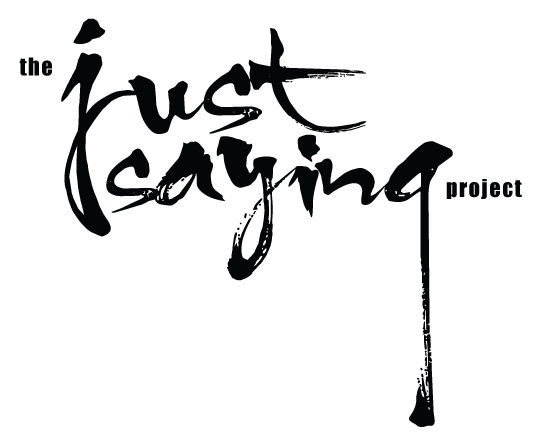What does it cost to be a woman?
What does it cost to be a woman?
This is the ultimate question for many women from all walks of life, but more so for women who have become Mothers.
When women make the choice to have children and start a family, their monetary value plummets, they can lose economic freedoms and a dwindling superannuation due to periods of paid and unpaid parental leave and casual work.
And let’s not mention the gender pay gap.
I remember being pregnant with my first baby. I worked as a journalist and the media industry isn’t known for generous salaries. My superannuation had just started to make a decent dent, before it grew smaller with no contributions for almost six years.
I made the choice to stay home with my children, one I am so glad I did. I was also in a position where it was a choice, not all women are lucky to have.
The work of Mothers is the most important and essential work that will ever be done. But women’s financial status doesn’t reflect this.
But it is a financial sacrifice women make, which often can be a detriment to their futures.
I went back into the workforce in a casual role for two days a week, before taking on permanent part-time role. It was then I got to start building on my super, along with making my own contribution to bolster it up.
I remember looking at the figure and thinking, I am going to have to work another 60 years to even retire, compared to my husband’s super balance.
As women, we always come in second, always trying to make up for lost time.
And it is time, that is the other commodity that women, lose the race on.
And it is making us exhausted.
All the fast tracking, extra hours, at work and in the home, pushing ourselves to breaking point- so we can be seen and show we are vital in our workplaces, essential in homelife and crucial to the economy.
Our economic inequality is not our fault, but it is our reality. Whether it is the choices we have made, or the ones made for us, how do we find a way out of the ‘Motherhood penalty’?
As we continue to unpack the inequality women face from gender, domestic and family violence, education, homelessness and health- it is the economic disparity women face that plays a significant role in the quality-of-life women face in this country.
And this shouldn’t be the case.
According to the Women’s Economic Equality Taskforce, who released their final report this week, Australia has the most highly educated female labour force in the world.
This final report has made recommendations for unlocking women’s full and equal economic participation.
Part of this report provided at $128 billion figure on what Australia stands to gain if we start to invest in women’s economic futures.
But we can’t invest in women, if we still have cultural and generational beliefs that stifle a new way of doing things. The Women’s Economic Equality Taskforce found 30.2 hours is the amount women spend on unpaid and housework compared to men ‘s 21.8 hours.
The research also revealed that 30% of men in Australia who don’t think gender inequality exists.
Some of the data in this report found that an average 25-year-old woman today, if she is to have one child and if current working patterns continue, she can expect to earn $2million less over her lifetime compared to a 25-year-old man who becomes a father.
Imagine what that figure is for women who have multiple children and find it hard to step back into the workforce? The economic gap will continue to grow.
The women of our country are highly educated, proven they are adaptable between domestic life and work life, in fact why are we discounting the role of mother and wife and the transferrable skills you learn on the job. How those skills can make a high achieving, high function employee at any age.
What we need is flexible, safe and secure work bridges to help women cross the economic gap.
And with that, the flow on effect of finding your identity and self-esteem skyrockets.
Isn’t it about time, governments and corporations put their money where their mouth is and contribute to women’s economic success?
Taskforces are wonderful, reports give us the data and research we need to make strategic decisions- but perhaps it is as simple as acknowledging women’s contribution at home and work.
As they say money talks – and women are ready to listen.
